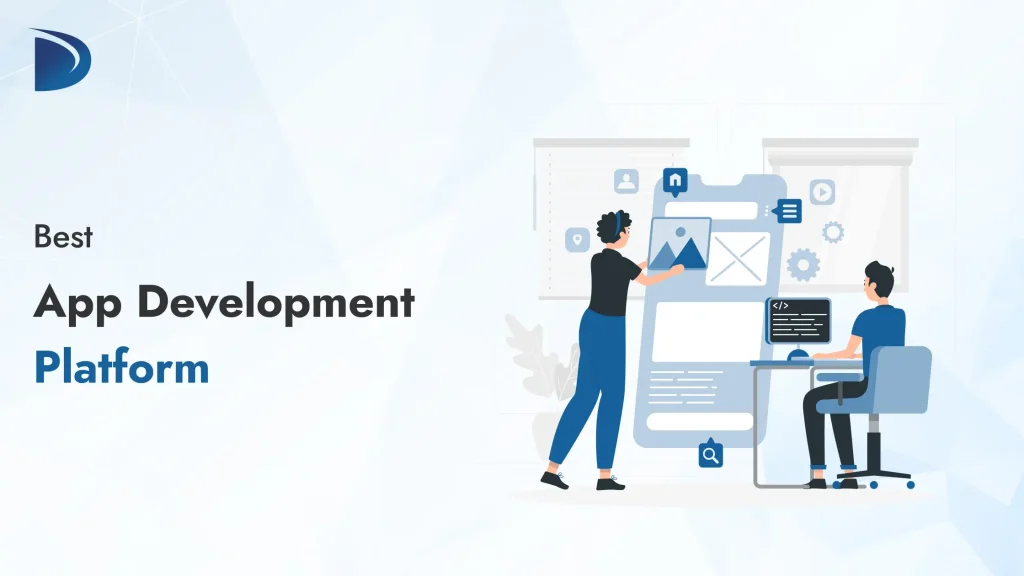Table of Contents
Selecting the right app development platform is crucial to your project’s success. The right platform ensures smooth integration, saves time, and helps you create a high-performing app. This guide provides an overview of the most popular platforms, organized by the types of apps they are best suited to build.
This guide will help you choose the right platform and tools for your project, giving you a clear understanding of which option best aligns with your needs and goals for a successful app.
Why Choosing the Right App Development Platform Matters
- Performance and Reliability: Smooth performance and minimal glitches are essential for maintaining user satisfaction. A reliable platform ensures your app runs seamlessly across various devices and systems.
- User Experience and Engagement: Strong UX keeps users engaged and encourages them to return to your app. Platforms with pre-built UI components and easy customization help you create polished, user-friendly designs.
- Development Speed and Efficiency: Some platforms streamline coding and reduce repetitive tasks, accelerating the development process. Faster development enables quicker launches and timely responses to user feedback. Efficiency is crucial, so exploring practical ways to improve your software development process is crucial. This allows you to deliver faster and better results.
- Cross-Platform Versus Native Development: Native platforms offer high performance and advanced features tailored to specific operating systems. Cross-platform tools allow you to deploy apps on multiple systems from a single codebase, saving time and resources.
- Scalability and Future Growth: Choosing a flexible platform ensures your app can scale as your user base grows. A scalable platform makes it easy to integrate new features and services over time.
- The Importance of Research and Evaluation: Thorough research helps you select a platform that meets both your technical and business needs. Evaluating the platform’s track record and support ensures you can rely on it for long-term success.
Native App Development Platforms
Native app development platforms provide the tools and frameworks needed to build mobile applications specifically for a single operating system, such as iOS (using Swift or Objective-C) or Android (using Kotlin or Java). Native mobile app development ensures optimal performance, a seamless user experience, and full access to device features, making it ideal for high-performance, feature-rich applications.
For Android app development: Android Studio
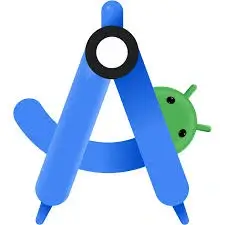
Languages: Java, Kotlin
Purpose: High-performance native Android applications.
Key Features:
- Google’s official IDE with official support and updates.
- Comprehensive tools for UI design, including a visual layout editor and a theme editor.
- Advanced debugging capabilities, including memory, CPU, and network profilers.
- Integrated performance analysis tools to optimize app performance.
- Seamless integration with Google Firebase services, such as real-time databases and push notifications.
For iOS app development: Xcode
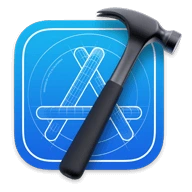
Languages: Swift, Objective-C
Purpose: Robust native iOS and macOS applications.
Key Features:
- Apple’s official IDE provides end-to-end support for native iOS and macOS development.
- It features advanced interface design tools, including SwiftUI and Storyboards, for intuitive UI creation.
- High-performance simulators enable testing across multiple device configurations.
- Comprehensive debugging tools and memory analysis instruments help optimize app performance.
- Seamless integration with the Apple developer ecosystem includes TestFlight, App Store Connect, and certificates.
Cross-Platform App Development Platforms
Flutter Development

Language: Dart
Purpose: A single codebase for visually striking mobile, web, and desktop applications.
Key Features:
- Developed by Google, offering reliability, regular updates, and a strong developer ecosystem.
- The “Hot Reload” feature provides instant previews of code changes, enabling rapid iteration.
- A rich set of pre-designed, highly customizable widgets allows for visually appealing and responsive UIs.
- A single codebase enables applications to run seamlessly across mobile, web, and desktop platforms.
- Delivers strong performance with hardware-accelerated graphics and native ARM code compilation.
React Native development

Languages: JavaScript, TypeScript
Purpose: Cross-platform applications with near-native performance.
Key Features:
- Developed by Facebook, so it is well-supported and frequently updated.
- Lets you use the same code on both iOS and Android, saving time and effort.
- Supports adding custom native features when needed, so your app runs faster.
- Offers many ready-made tools and components to speed up app development.
- Allows you to see changes in real time while coding, making it easier to test and improve.
Xamarin Development (Microsoft Visual Studio)
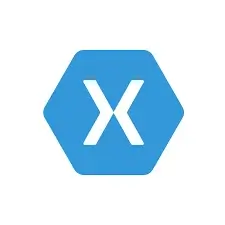
Language: C#
Purpose: Native-like apps for Android, iOS, and Windows from a shared codebase.
Key Features:
- Works seamlessly with Microsoft tools and services.
- Lets you use the same C# code to build apps for Android, iOS, and Windows.
- Accesses device features directly, so your apps feel like they were built specifically for each platform.
- Includes powerful tools for testing and troubleshooting, helping ensure high-quality apps.
Hybrid App Development Platforms
Ionic

Languages: JavaScript (with Angular, React, or Vue)
Purpose: Hybrid apps built with web technologies in a native shell.
Key Features:
- Extensive library of pre-built UI components.
- Capacitor integration for native device features.
- Active community and well-documented resources.
Apache Cordova

Languages: HTML, CSS, JavaScript
Purpose: Lightweight hybrid apps with access to native device capabilities.
Key Features:
- Plugin architecture for expanded functionality.
- Single codebase deployment across multiple platforms.
- Open-source framework with a wide range of community-contributed plugins.
If you’re considering going hybrid, you should read this comprehensive hybrid app development guide, which covers everything from pros and cons to real use cases.
Progressive Web App (PWA) Development Platforms
ReactJS Development

Language: JavaScript
Purpose: Dynamic user interfaces and PWAs.
Key Features:
- Component-based structure for modular, reusable UI elements.
- Virtual DOM for efficient updates and smooth performance.
- Large ecosystem of tools, libraries, and community support.
- Flexible integration with other frameworks and technologies.
- Perfect for building Progressive Web App development projects.
Vue.js development

Language: JavaScript
Purpose: Intuitive single-page applications (SPAs) and PWAs.
Key Features:
- Progressive framework that scales incrementally
- Reactive data binding for responsive interfaces
- Simple to learn and beginner-friendly
- Built-in tools for Progressive Web App (PWA) development
- Active community with extensive plugin and library support
AngularJS Development
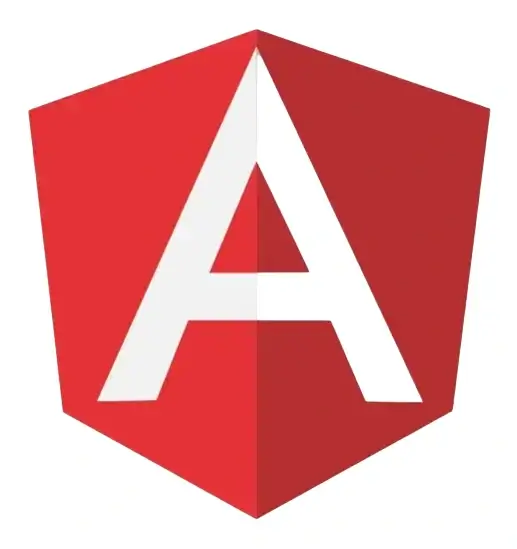
Language: JavaScript
Purpose: AngularJS development is used to make dynamic web applications and SPAs, well-suited for PWAs.
Key Features:
- Two-way data binding enables seamless model-view synchronization.
- Dependency injection supports modular, testable code.
- Comprehensive framework suitable for large-scale projects.
- Strong community and ecosystem with a wide range of plugins and extensions.
PWAs are quickly becoming a go-to solution for many businesses. It is important to understand the key benefits of Progressive Web Apps to see why this type of application might be the right choice for you.
Conclusion
Choosing the right app development platform is as important as selecting the appropriate tools for your project. By considering your project’s requirements, your target audience, and the features you want to include, you can choose a platform that aligns with your goals. This guide provides a clear overview of the strengths of different platforms and when to use them, helping you confidently select the best mobile app development company for your project.
FAQs
What is the best platform for native app development?
For Android, Android Studio stands out. For iOS, Xcode is the go-to choice.
Which platform is best for cross-platform apps?
Flutter and React Native are leading contenders for efficient cross-platform development.
What are the suitable backend platforms for mobile apps?
Firebase, AWS, and Microsoft Azure are popular options for seamless backend integration.
How do Progressive Web Apps differ from native apps?
PWAs provide a native-like experience with web technologies and run on any browser, while native apps require platform-specific development.
Can I use the same codebase for Android and iOS?
Yes, frameworks like Flutter and Xamarin let you maintain a single codebase for both platforms.

